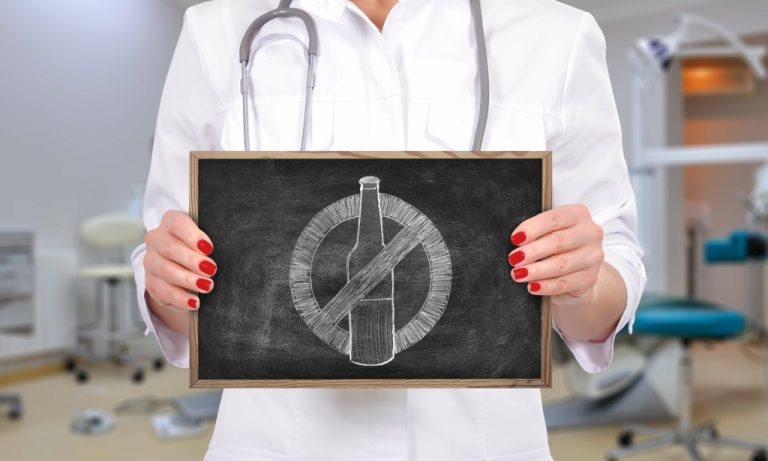Content
Trust has been broken many times, and it will have to be rebuilt — a process that can’t be rushed. You came to a point where you had enough and told your spouse to seek treatment, or else the marriage could not continue.
- I was still forced to keep it together while he took time to take care of himself.
- Sure, the hangovers sucked and made working life increasingly difficult, but it seemed like a small price to pay for grabbing life by the horns.
- He says I spend all my life with AA and my friends.
- The most challenging decision I had to consider was whether to stay or leave the relationship.
As a binge drinker, I was adept at pulling myself together for long periods of time, which created a roller coaster of highs and lows in our relationship. This was the first time I’d really committed to sobriety and my husband needed a chance to come to terms with the fact that he could trust me and rely on me as much as I could him. In the middle of my alcoholism, I couldn’t see either of these points. I could see that I had changed, and I could see that I wanted things to work with my husband, but I couldn’t figure out how to bridge the gap. About nine months later, staring down the hallway into my son’s room, I had a moment of clarity.
Mental Health
My husband had to learn to grow up and I had to learn to be emotionally self-sufficient. I got sober and pregnant at roughly the same time. That’s a massive emotional landscape to navigate and neither of us knew what to expect. We did this tightrope walk through two extended stretches of sobriety and two big relapses. If he was disappointed in me, he didn’t show it. So naturally, people stopped inviting me places.

If your spouse or significant other has a substance abuse disorder, there are many support groups and other resources to help you along the way. It sounds immature, but unless you have been there, unless you have had a close relationship with an alcoholic and truly seen how selfish the disease and recovery process is , you cannot understand it. You cannot understand how it feels to have needs and wants which you are too afraid to ask to be filled. You cannot understand how hard it is to support someone https://ecosoberhouse.com/ so thoroughly and completely—after years of anger, heartache and painful memories—but feel completely shut out and alone. You struggle to understand how alone you still are, and how alone you have always been. Our clinical and counseling staff are also available to provide family support throughout the duration of your spouse’s addiction treatment and will provide regular updates on your loved one’s progress. Your partner is involved in your addiction recovery whether he or she thinks so or not.
Signs of Childhood Emotional Neglect in a Partner or Friend
Extensive time spent “with friends” partying, especially without you. Drugs, alcohol or drug paraphernalia hidden around the house. Alcohol abuse and heavy drinking are closely marriage changes after sobriety linked to low marital happiness. I am in a similar space and it all feels very hard. That “how do other people know how to do this” part really hit home for me.

In some cases, divorce may be the better option for couples struggling with substance abuse. Unfortunately, the mention of divorce has to sometimes be used as a tool to wake those with addictions up to the serious nature of their actions. Whether or not divorce is the better option depends on the couple and their dynamic. Therapy can make a big impact on repairing your marriage after addiction treatment. Not only can family therapy help loved ones better understand how addiction affected you, but couples therapy can help you be more open with your spouse and work through your problems more effectively. Addressing these challenges after drug rehab can be challenging and put additional strain on a marriage.
Family, Marriage, and Addiction
This mutual dependency makes couples highly reactive. They need to be more emotionally autonomous, which will lessen reactivity and facilitate better communication and intimacy. That may mean each spouse initially talking over things with their sponsor or therapist rather than confronting one other, except when it comes to abuse, which should be addressed. Perhaps there were other sober periods that didn’t last, so the belief is, “Why should this time be different? ” The spouse may continue to “walk on eggshells,” as he or she did living with addiction, afraid of precipitating an argument or a slip.
- Living with an alcoholic or drug addict also means the addiction will come first for your spouse, even before the marriage.
- There is also a greater understanding of a partner’s trigger situations, and couples know how to avoid them.
- Understanding what options are available to you, regardless of which way your relationship goes, can allow you both to control the outcome.
- It can take a toll physically, as the person in recovery is going through withdrawal symptoms that can be very intense.
- In this country, getting wasted is a staple of Western expat life and we were eager participants.
- We would save our marriage because he was getting sober.
